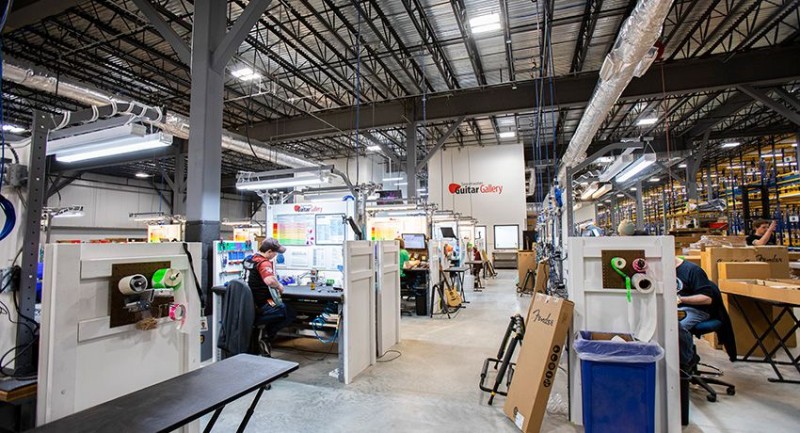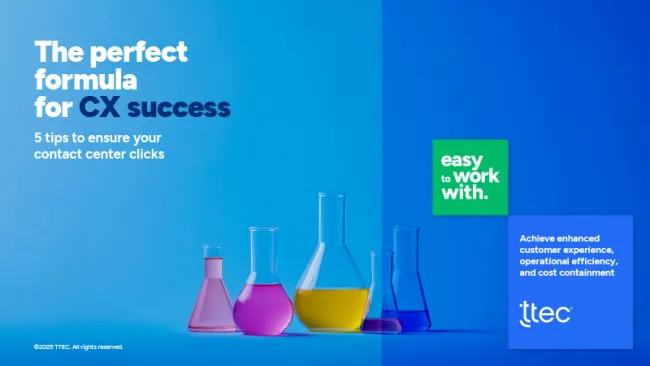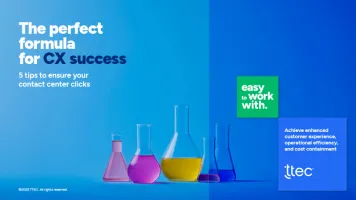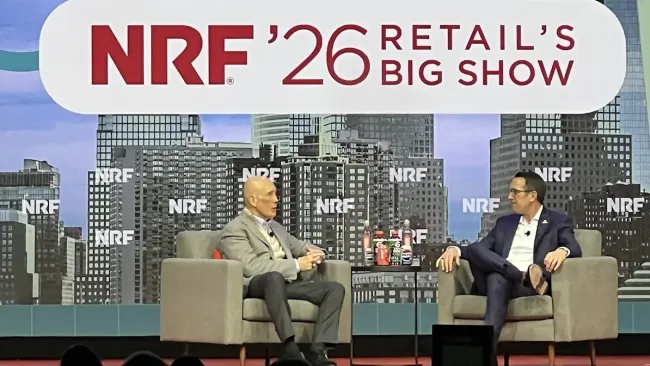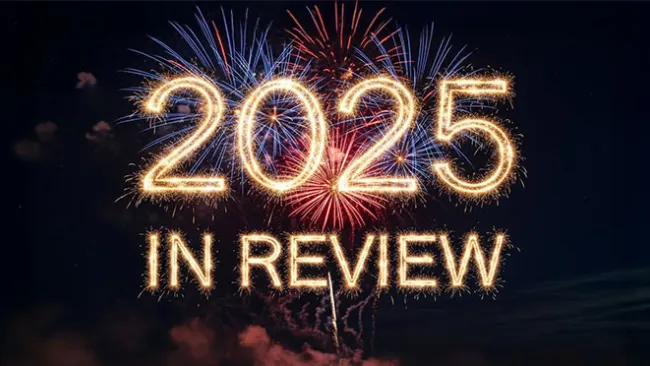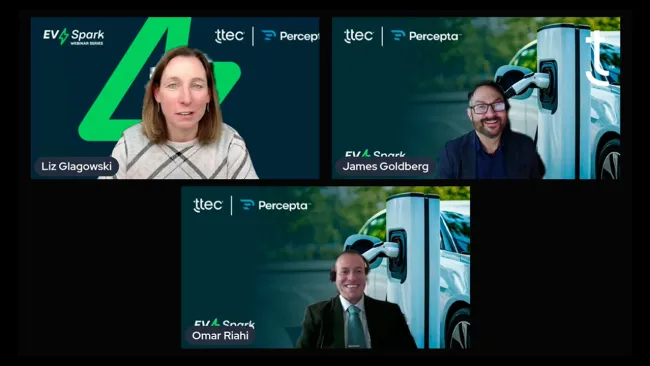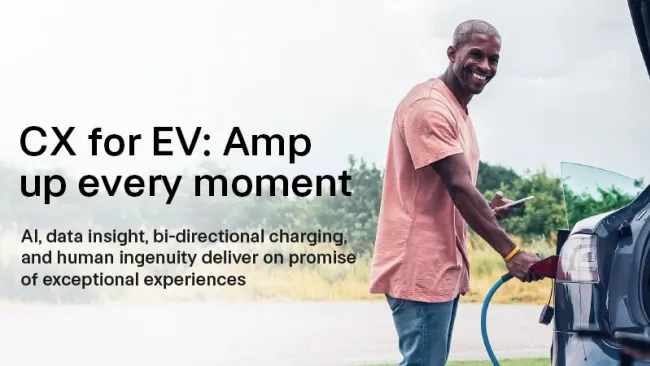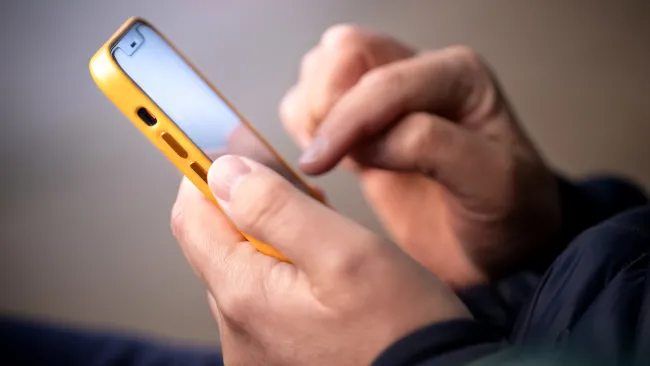Chuck Surack traces his guiding business principles back to his childhood days as a Boy Scout. Always do the right thing, be helpful, embody strong morals: he’s carried the fundamentals he embraced as a young boy into his corporate life
Surack is founder and CEO of Sweetwater, an online retailer of musical instruments and professional audio equipment based in Fort Wayne, Indiana. The company, which began humbly in 1979 as a 4-track recording studio in the back of Surack’s Volkswagen bus, is thriving - even amid the COVID-19 pandemic.
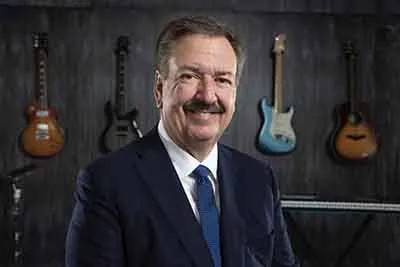
Sweetwater’s workforce is growing to meet the demand. The company added jobs in most months during 2020 and has added about 100 employees per year in the last few years. Surack also owns SweetCars, Sweet Aviation, and Sweet Helicopters, among other ventures.
As more people stay home due to the pandemic and more musicians seek high-quality audio equipment for Zoom and livestreamed performances, demand for Sweetwater’s products has surged. But Surack says the company offers more than just high-quality products; its success, he says, hinges on the customized experiences it brings customers based on personalized interactions.
Customer Strategist: How has the pandemic affected your business?
Chuck Surack: We were never fully shut down. We, ultimately, are shipping product, and that we have to do in person. Our salespeople would work from home, but people have to work in the warehouse. We are fortunate that we have a doctor and nurse on staff, so they help us with the social distancing that we have to do and the contact tracing. We have 2,000 employees, and among those 2,000 we’ve probably had about 100 cases [of COVID-19] so far. We’re spending lots of money on cleaning, but we’ve had a phenomenal year. Our business is way, way up.
One thing we have not changed is our customer service. Our model has always been to have that one-on-one personal experience, and that has not changed. Eighty percent of our phone calls are outgoing calls; we don’t wait for the phone to ring. Because we have these long-term, multiyear relationships with our customers, we call them up and reach out to them. People have reached out to us to tell us how much they appreciate that. It’s part of having that human touch. It’s worked really well.
It’s been a crazy, phenomenally good year. We’re thankful that we’re able to help customers. It’s not as much about dollars as it is about the million and a half customers we serve.
CS: How do you keep employees engaged, especially during these times when many may be working remotely?
Chuck Surack: It hits on many levels. It’s been an incredibly stressful year for our employees. From the pandemic, to Black Lives Matter and other social movements, things have been incredibly stressful.
We’ve expanded our HR department. HR for us is more than human resources. We offer leadership development and counseling. If things aren’t going well [for employees] at home, you’re not going to do well at work. With 2,000 workers and 2,000 families, there are always things going on. We have a couple other people we’ve hired to help with personal leadership and growth; they don’t do anything to add to the bottom line, but they add to the employees’ wellbeing.
We do a “lunch and learn” a couple times a month and we’ve brought in people who can help [meaningfully discuss] Black Lives Matter and other topics. Employees’ personal lives and their work lives don’t really separate as much as people believe. We work on the whole person here, just all sorts of stuff to help employees cope and feel better—and, frankly, to interact when they talk with customers. I try to lead by example and lead with the words that I use.
CS: How have you had to change your sales approach during the pandemic?
Chuck Surack: The biggest thing is the physical stuff. We still have salespeople that are [working] at least six feet apart. They can’t eat lunch together because they’ll violate the social distancing guidelines. Most of our sales meetings are done virtually now. We have two big sales training spaces, and they sit empty because we’re doing all the training online.
As a company, we’re being understanding and caring. Not everybody has the same issues. We have to be understanding if someone has someone at home with underlying conditions, or a pregnant wife at home [and needs to take extra precautions].
CS: What are your main strategies for offering a great customer experience?
Chuck Surack: We’re adding thousands of customers every day. That’s one of our challenges going forward: how are we going to offer those same experiences as we have so many more customers?
We just want to treat customers the way we would want to be treated ourselves. We are always going to tell the truth to the customers, even if it’s bad news. We’re not trying to make one quick sale; we’re trying to do the repeat business, and then we’re getting the repeat business and the referral business.
CS: How important is technology to the company’s sales and customer experience strategies?
Chuck Surack: Our company sells tech, so we love tech. We have an amazing CRM software system. It’s a custom system that we developed 25 year ago. We know everything about our customers. Even before our phone rings, we know who you are. Everything about our customers and our products is all in this system. We’re pretty much a Mac-based house, and all of us can access that information from our iPhones.
From a communications point of view, we’re pretty omnichannel. We actually like to talk to people by phone. I know that’s pretty old-school. Our customers love talking to us. In many cases, this is their hobby or their fun thing, so they love to talk music-talk.
That said, we do a zillion emails and we text with customers. The only thing we’re not doing is the live chat. We just haven’t really found a way to pull that off.
Every customer always talks to the same sales engineer [whenever possible]. That way the relationship always continues to grow. Any time a customer calls in, we always auto-route the call to that same sales engineer using caller ID. That just doesn’t happen at any other mail-order companies; [usually] you just get the next salesperson in line.
Every sales engineer, before they talk to customers, goes through 300 classes—we call it Sweetwater University—over 13 weeks. That’s the kind of investment I put into every employee. I believe every employee has the capability to bring credibility to our brand or to take credibility away from our brand.
CS: How do you offer personalized customer service in an increasingly digital era?
Chuck Surack: We just do it. A lot of customers will think they want to communicate with a text or email, and we quickly try to turn them on to a phone. Going forward, I am a little concerned about the 20-year-olds and the teens [who are more digitally inclined], but what we try to get across is the value that we offer by being on the phone. If you really want to develop a relationship, there’s something about that communication back and forth.
We really try to show the customer that there’s value in talking to us. As customers get younger and younger, it does become a challenge, and we just have to prove our worth. It’s a great way to communicate. The stuff we sell, they don’t just order it and have it delivered—they really want to talk about how what they’re buying will fit into their system at home.
CS: What advice would you give other companies looking to increase sales, even during this challenging time?
Chuck Surack: It’s easy to think about the number of customers, and we don’t. We don’t think about numbers and we don’t think about percentages. We think about each and every customer, each and every transaction. I think in every business, no matter what it is, you have a chance to create a relationship with a customer. Every one of those interactions is incredibly important.
Anything’s possible. I don’t put blinders on, and I like being an optimist—not unrealistic, but optimistic. Create hope in others. Times are tough but you’ve got to pull up your bootstraps. People want to do business with winners; you’ve got to find a way. We drive the business and we don’t wait for the business to come to us. You’ve got to go out and get it, because there are other companies out there that will get it if you don’t.
